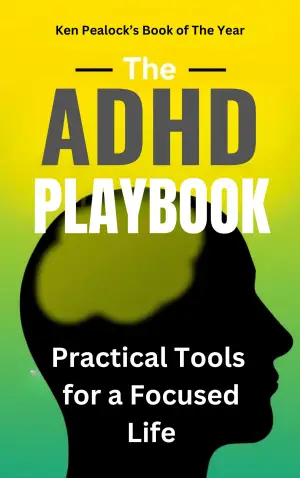Exploring The Dispossessed: An Ambiguous Utopia by Ursula K. Le Guin
When I first picked up The Dispossessed: An Ambiguous Utopia, I was intrigued not just by its title, but by Ursula K. Le Guin’s reputation for crafting worlds that probe society’s deepest questions. As someone who’s always been fascinated by the intersections of politics, philosophy, and personal identity, I found myself looking forward to witnessing how Le Guin would navigate the murky waters of capitalism versus anarchistic-communism—two ideologies that have shaped our world in profound ways.
The novel orbits around Shevek, a brilliant physicist striving to bridge the divide between his home planet, Anarres—a land steeped in anarchistic ideals—and its more capitalist sister planet, Urras. What struck me most was the depth of Le Guin’s social commentary; she presents Anarres as a harsh, utilitarian world that bears the hallmarks of nobility in communal living but isn’t without its flaws. Conversely, Urras dazzles with extravagance yet falters under the weight of inequality. Le Guin doesn’t just paint one ideology in glowing terms while vilifying the other; she offers a nuanced examination where both systems have their merits and pitfalls.
But here’s where it got personal for me: while I appreciated the intellectual depth, I found myself grappling with the pacing and style. Some sections felt ponderous, almost stilted—perhaps a deliberate choice to mirror the utilitarian tone of Anarres, yet it sometimes veered into tedium. There were moments when I longed for a more graceful prose style, reminiscent of Ray Bradbury’s lyrical flourishes. Le Guin’s craft is undoubtedly powerful, but the detached style occasionally left me feeling distant from the characters.
One passage particularly resonated with me: “Everything that had happened to him was part of what was happening to him now.” This simple yet profound insight about personal growth and interconnection stirred something deep within me. It encapsulates how our struggles shape us, a theme that echoed in my own life—the idea that hardship is not simply to be endured but can lead us to unexpected joy.
Moreover, I found the linguistic aspects of the book fascinating yet perplexing. The creation of Pravic, the language of Anarres, aimed to reflect a society that transcends class. While I admired the ambition, I occasionally felt the linguistic choices were inconsistent or overly contrived. Nonetheless, I respected Le Guin’s effort to ground her fictive utopia in a believable linguistic framework, even if I wasn’t completely sold on its execution.
Overall, The Dispossessed left me with more questions than answers; it’s a book that challenges you to reflect long after you’ve turned the final page. I believe this novel will resonate with those who appreciate speculative fiction that delves into serious socio-political discourse. Readers who enjoy existential ponderings alongside their narratives will find plenty to chew on here.
In conclusion, Le Guin’s exploration of utopia invites us to confront the complexities of our reality. Whether you find her prose thrilling or dull, the philosophical richness and character journeys make The Dispossessed a worthwhile companion for anyone seeking to understand the myriad ways we navigate freedom, love, and, ultimately, our destinies.
Discover more about The Dispossessed: An Ambiguous Utopia on GoodReads >>













